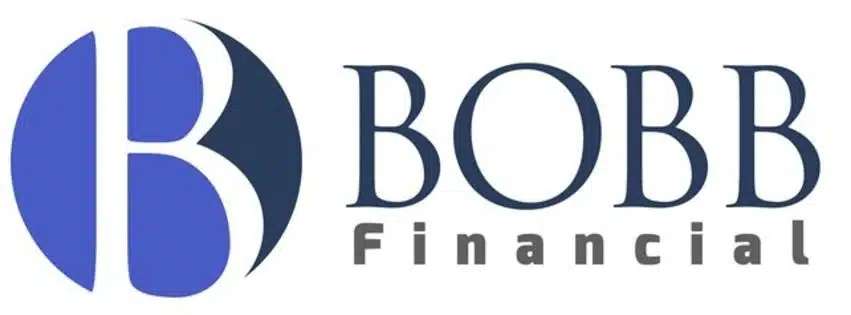The year 2020 was a wild one by anyone’s measure. One practice I try to implement is to look back at a year and see if there are any lessons that can be learned, and I believe 2020 can teach us a lot. Despite the destruction that COVID has caused, here are some valuable takeaways from the past year.
Your job is secure.
One of the best things about federal employment is job security, and 2020 proved that in a big way. I’m not aware of one federal worker that took a reduction in income due to the pandemic in 2020. There were nurses, doctors, dentists, business owners, service workers, and many other professionals that suffered significant income setbacks in the past year. Fortunately, federal employees were not amongst that list (and praise God for that!).
An emergency fund is important.
While federal employees may not have lost income in 2020, it is possible that spouses of federal employees could have been impacted. This is where an emergency fund comes in handy.
An emergency fund is a vital element of long-term financial well-being. Even if you weren’t impacted negatively by COVID, I think we can all agree that 2020 illustrated how quickly it can happen.
Dollar cost averaging lost again.
Dollar cost averaging is simply investing over a period of time versus investing a lump sum. This process of investing over time is intended to reduce risk. Because many investors were apprehensive to invest when the market was down 30%, they employed a dollar cost averaging strategy in case the market continued to go down.
Little did they know that the market would come roaring back in a hurry. We ended up seeing a V-shaped recovery despite experts’ predictions of the opposite. It turns out that investing a lump sum would have worked out quite a bit better.
By no means am I implying that the strategy is a bad one, but it certainly wasn’t the best method this past year.
You’re not a market timer!
Everybody thinks they can time the market by getting in and out of stocks. Move to the G fund and back to the stock funds when the time is right. However, this is a task that is almost impossible to do consistently.
In the past year I had many conversations with federal employees considering moving their TSP around based on their thoughts and feelings. I even had conversations with experts that exited the market early in the year and (to their own detriment) spent the rest of the year on the sidelines.
Timing the market is tough! Not only do you have to make the decision to get out of the market at the right time, but you have to get back in the market at the right time, too. Can you go 2 for 2? If most experts can’t do it, why do so many others think that they can?
One of the most important lessons we can learn from 2020 is the stock market is not rational. The year started with a solid economy and the stock market doing great. Then COVID hit which sent the market tumbling. When no one expected it, the market turned around and came roaring back despite unemployment hitting a 60 plus year high, earnings plummeting, and experts expecting it to take years to recover. To everyone’s surprise, nearly every market indices ended the year higher than it began.
An empty gun can’t fire!
Looking back at the year, wouldn’t it have been nice to invest money in stocks or stock funds when it they were down 35%? Or even 30% or 25%? This practice of buying low can be very beneficial, but you can’t do it if you don’t have any excess cash or other stable investments like the G fund. Even for the most aggressive investors, I would argue for keeping 10-20% in bonds and conservative investments. This can help dampen volatility as well as give you money to invest during market downturns.
Your investments match your risk tolerance.
The right investment mix is a magic formula that every investor needs to figure out. How you reacted throughout 2020 should tell you a lot about your risk tolerance. What actions if any did you take in February and March while the market was tanking? Now that stocks have recovered it may be a good time to reassess your investment mix and make the appropriate changes.
Family time isn’t overrated.
This is probably the best thing I have learned over the past year. For somebody who has a core value of family and spending time together, you wouldn’t think this would be a lesson. Our family is like many families with three young kids—we are very busy! We love our sports and activities, but we can also get carried away and not take time for what’s most important.
With most travel shut down, and very limited sports, we have been able to spend more time together as a family than we have since our kids were toddlers. For me it has been a subtle reminder to not let other things get in the way of what’s most important.
The year 2020 certainly contained some valuable lessons that we can learn from. I hope the list above contains at least one takeaway that can help you as we move into 2021.
Brad Bobb, CFP® is the owner of Bobb Financial Inc, and an expert in retirement planning for federal employees.

